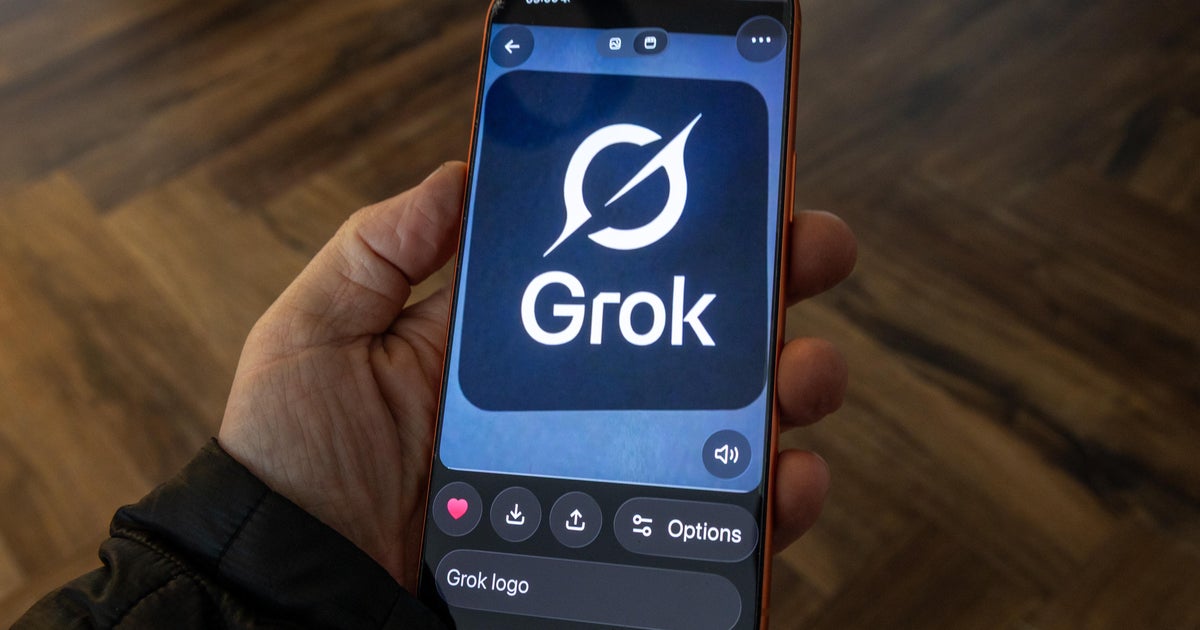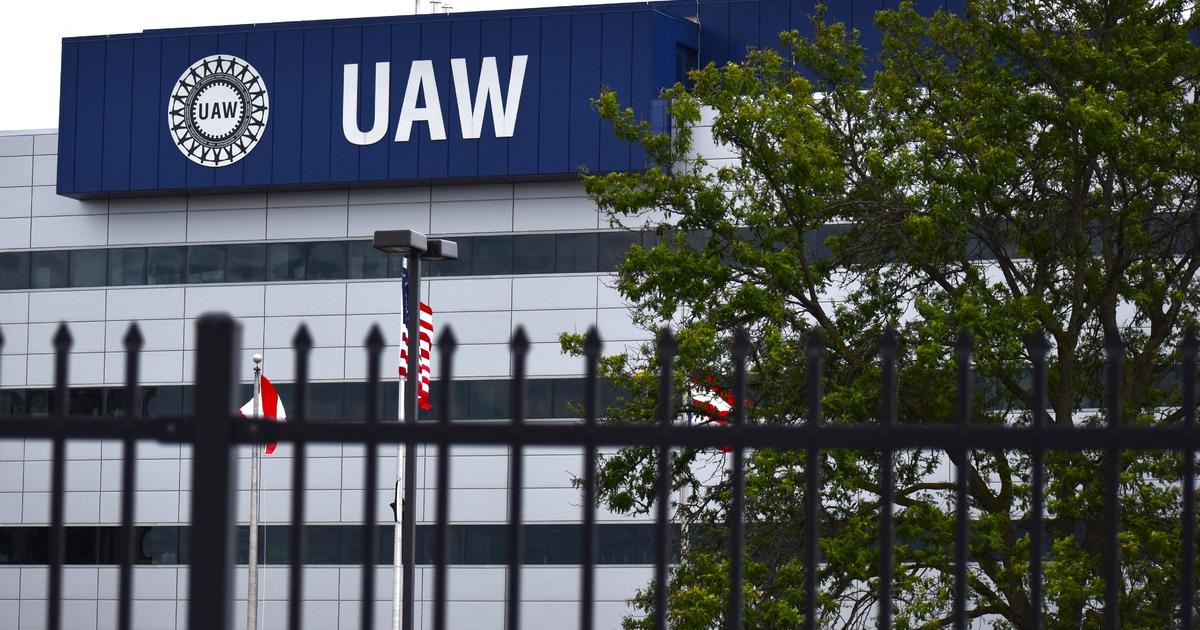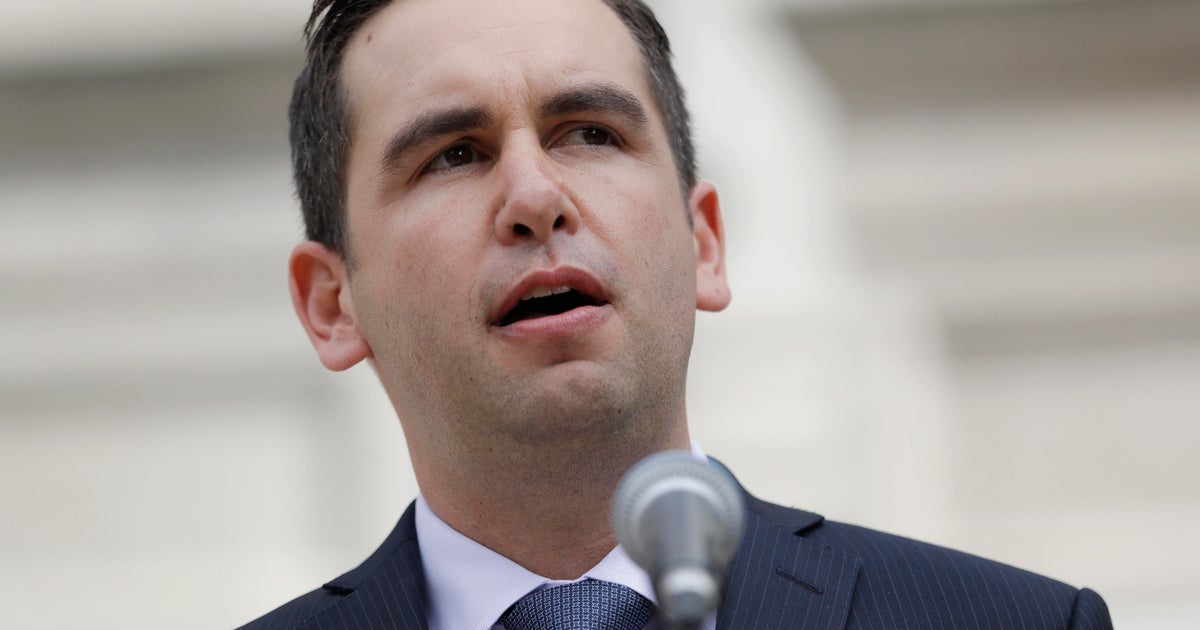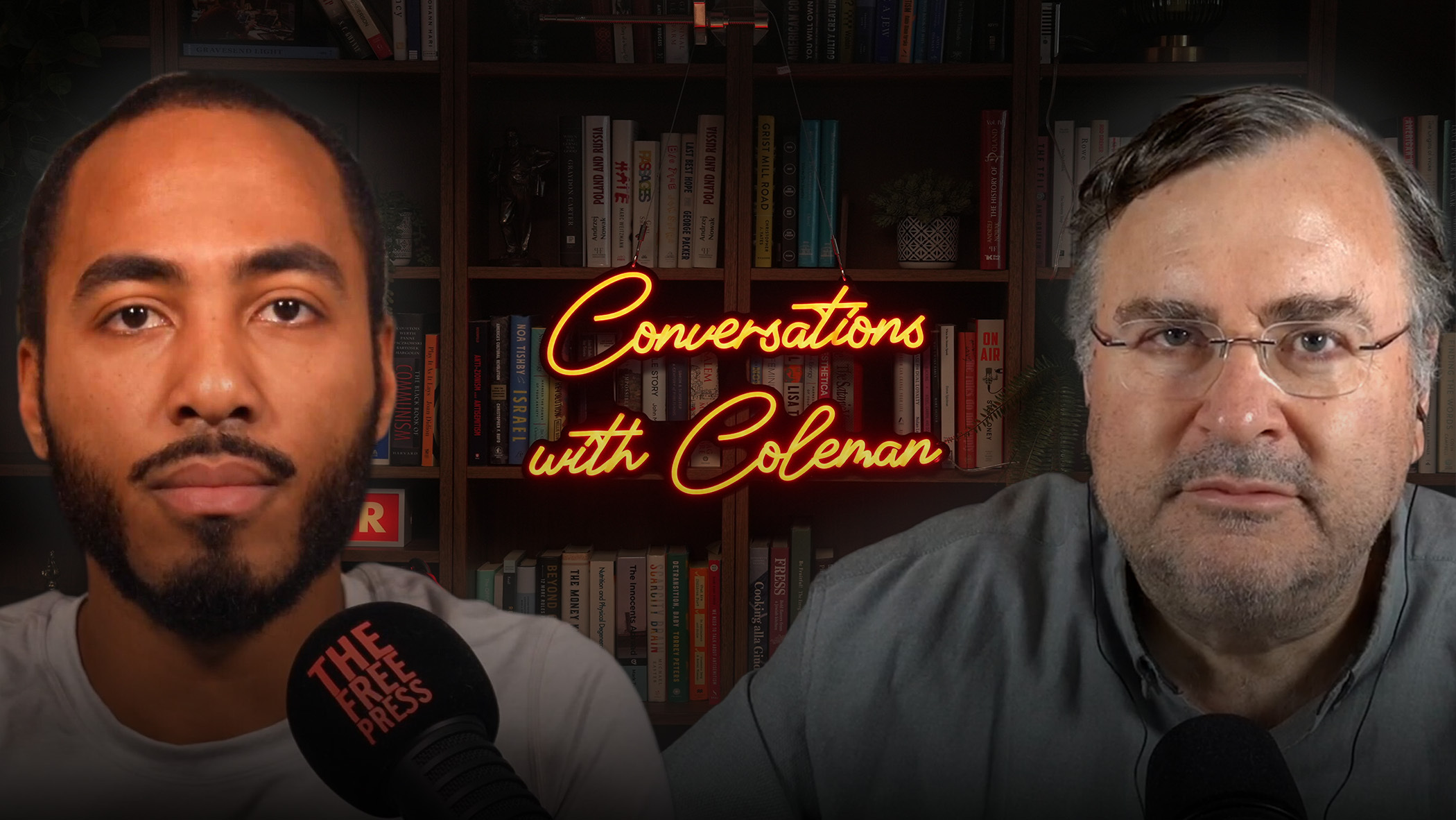Google worker says women don't advance in tech because of biology
LONDON -- Silicon Valley faces another tempest over the status of women in the work place, this time at Google (GOOG).
The search giant's new head of diversity has rejected an internal commentary from an employee who suggested women don't get ahead in tech jobs because of biological differences.
Danielle Brown, who was named a vice president at the search giant only a few weeks ago, said Google is "unequivocal in our belief that diversity and inclusion are critical to our success," according to a copy of her response obtained by technology news website Gizmodo.
The employee memo, titled "Google's Ideological Echo Chamber," begins by saying that only honest discussion will address a lack of equity.
But it also asserts that women "prefer jobs in social and artistic areas" while more men "may like coding because it requires systemizing," fueling a smoldering debate about sexism in Silicon Valley.
"I'm simply stating that the distribution of preferences and abilities of men and women differ in part due to biological causes and that these differences may explain why we don't see equal representation of women in tech and leadership," the memo stated, according to Gizmodo. "Many of these differences are small and there's significant overlap between men and women, so you can't say anything about an individual given these population level distributions."
The employee was described in news reports as a software engineer. The employee's identity has not been released.
Google, like other tech companies, has far fewer women than men in technology and leadership positions. Fifty-six percent of its workers are white and 35 percent are Asian, while Hispanic and Black employees make up 4 percent and 2 percent of its workforce, respectively, according to the company's latest diversity report.
While the issue of diversity is getting a lot of attention in Silicon Valley, these numbers are barely changing. But the companies say they are trying, by reaching out to and interviewing a broader range of job candidates, by offering coding classes, internships and mentorship programs and by holding mandatory "unconscious bias" training sessions for existing employees.
But, as the employee memo shows, not everyone at Google is happy with this.
The issue of gender has long roiled California's technology sector. Earlier this year, the U.S. Department of Labor accused Google of underpaying female employees, saying it found "systemic compensation disparities against women" at the company.
In another controversy, a former female engineer's claims of widespread sexual harassment at Uber in June led the ride-hailing firm to fire more than 20 employees.
In another incident, venture investor Dave McClure was forced to publicly apologize for making "inappropriate advances" toward several women in workplace situations.





